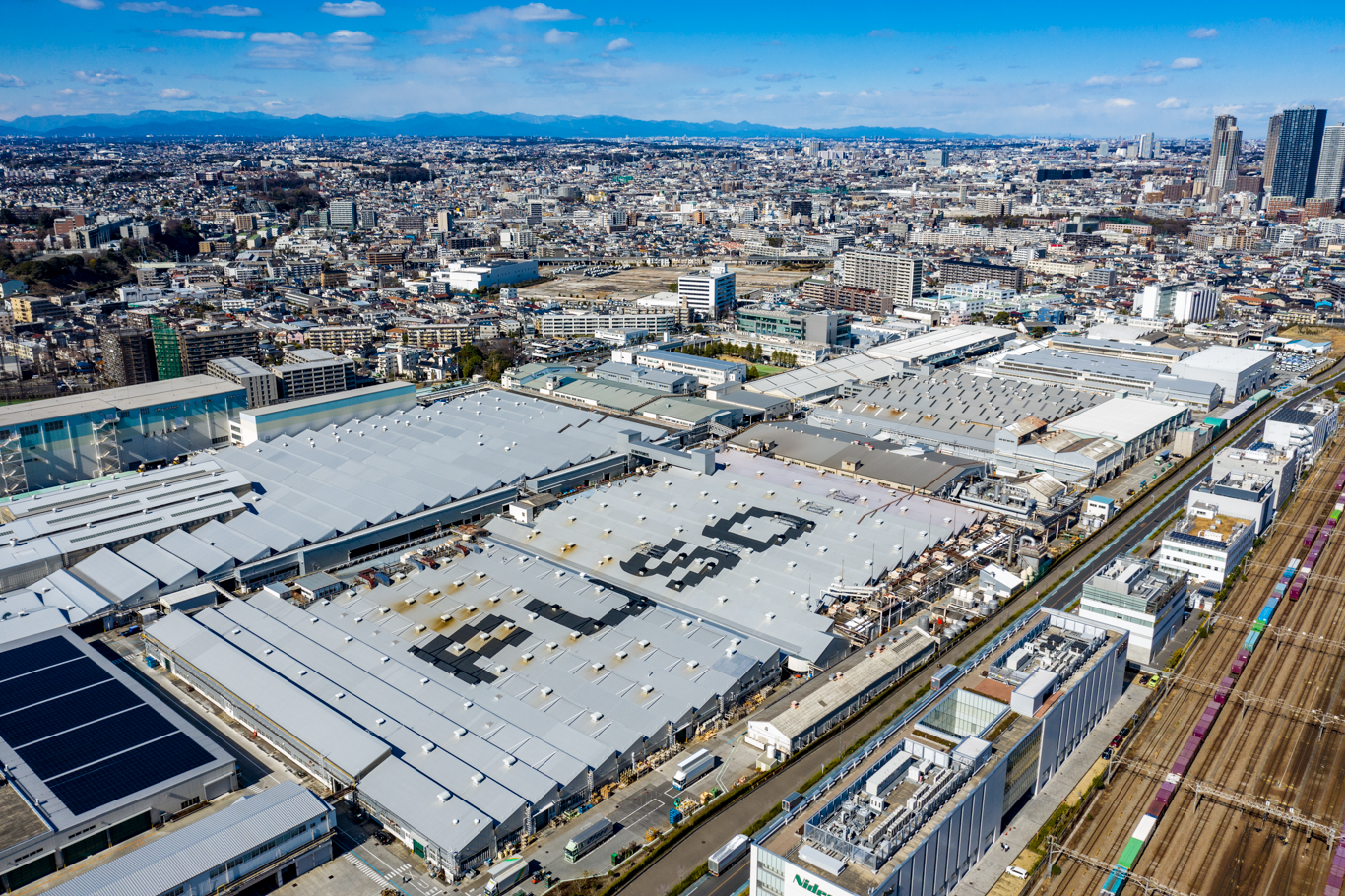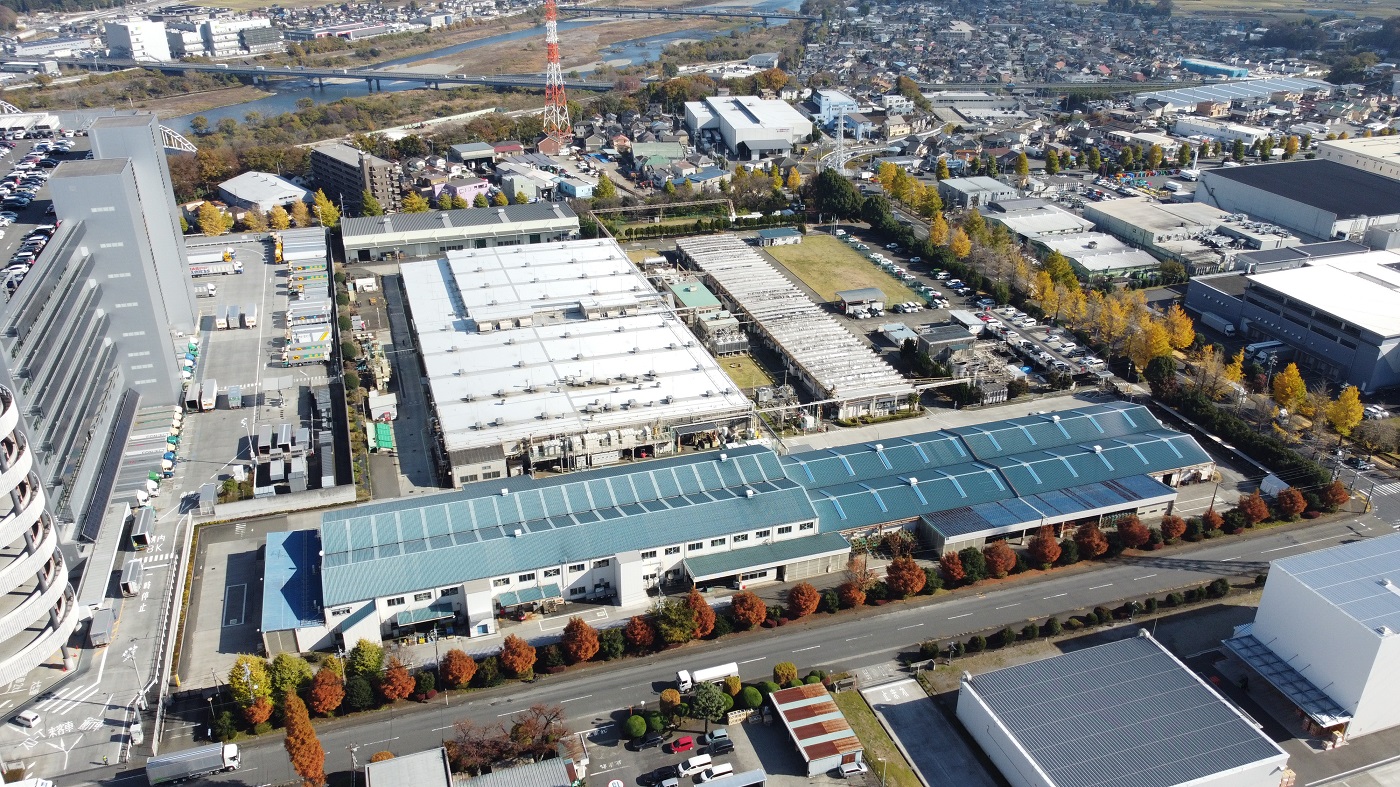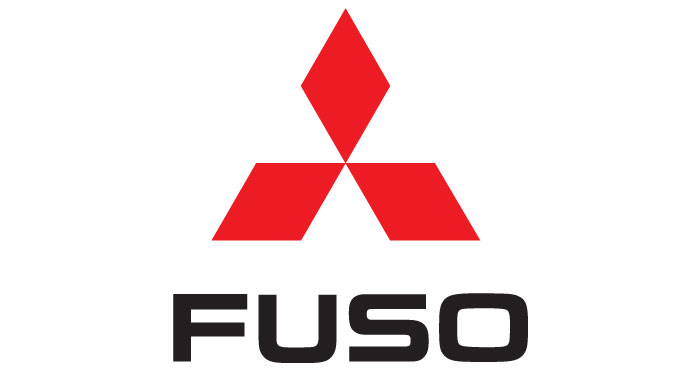Sorry. We did not find anything.

Kawasaki and Nakatsu Plants shift all electricity supply to renewable electricity
- Achieved through shifts in electricity sourcing with trackable, RE1001 compliant non-fossil certificates
- CO2 emissions from plants’ electricity supply becomes effectively neutral
- Another milestone in path toward CO2-neutral production
Mitsubishi Fuso Truck and Bus Corporation (Headquarters: Kawasaki City, Kanagawa Prefecture, President and CEO: Karl Deppen, hereafter “MFTBC”) announces that its Kawasaki Plant (Kawasaki City, Kanagawa Prefecture) and Nakatsu Plant (Aikawa Town, Aiko County, Kanagawa Prefecture) have effectively shifted all electricity supply to renewable electricity (electricity derived from renewable energy) from October 2022.
MFTBC has been a pioneer in bringing sustainability to transportation, with vehicles such as the “eCanter”, the first mass-produced electric light-duty truck in Japan. The next-generation model of product will be launched in the spring of 2023, contributing to the company’s aim of transitioning its product portfolio to locally CO2-neutral offerings by 2039 in the triad markets. Additionally, MFTBC is also working towards the goal of achieving CO2-neutrality in its production sites by 2039.
So far, the Kawasaki Plant, which manufactures trucks and industrial engines, and the Nakatsu Plant, which produces vehicle components, has already realized in 2021 a reduction in CO2 emissions by about 20% compared to 2015 levels. In March 2022, MFTBC further completed the installation of solar power generation panels covering approximately 9,000 square meters at the Kawasaki Plant. Furthermore, CO2–neutrality at the Tramagal plant in Portugal, which produces the light-duty truck “Canter” for Europe, will be achieved by the end of 2022.
As part of this initiative, from October 2022, the electricity contracts of the Kawasaki Plant and the Nakatsu Plant have been switched to a plan that includes RE100-compliant FIT non-fossil energy certificates with tracking2 and non-fossil energy certificates designating renewable energy3. As a result, MFTBC has effectively achieved neutrality in CO2 emissions from electricity sources at both plants.
Moreover, Mitsubishi Fuso Bus Manufacturing Co., Ltd. (Head office: Toyama City, Toyama Prefecture, President: Kaichiro Fujioka), which is a wholly-owned subsidiary of MFTBC and manufactures buses, will also shift to renewable electricity through similar changes in supply contracts and the promotion of internal measures such as the introduction of on-site solar panels.
Daimler Truck AG, the parent company of MFTBC, aims to achieve CO₂-neutral production in all plants and business units worldwide by 2039. All European sites will already be CO₂-neutral by the end of this year, partly by sourcing electricity from renewable sources such as solar, wind and hydroelectric power.
Following this global target, MFTBC will continue its pursuit of CO2–neutrality in production areas by reviewing its other energy sources, promoting internal energy saving measures and continuing in-house power generation.
Kawasaki Plant
Nakatsu Plant
1 RE100 is a corporate renewable energy initiative that promotes the use of renewable electricity in major businesses around the world
2 FIT non-fossil certificate: A certificate that represents the positive environmental value of electricity generated from non-fossil sources such as solar, wind, water, geothermal or biomass power, purchased by electricity providers under the FIT (feed-in tariff) system.
3 Non-FIT non-fossil fuel certificate: A certificate that represents the positive environmental value of electricity generated by non-fossil power sources other than the above FIT power sources.
Sustainability at Daimler Truck: “Environment,” “Social” and “Governance”
MFTBC’s measures relating to CO2-neutral energy supply and “green” production are in line with Daimler Truck’s sustainable business strategy. Daimler Truck views sustainability holistically as an integral part of its core business and entrepreneurial activities. Within this framework, the company focuses on the three pillars of “Environment,” “Social” and “Governance” and is committed to pursuing these sustainability responsibilities for its employees, for the environment, and for society as a whole.
MFTBC at a Glance
Based in Kawasaki, Japan, Mitsubishi Fuso Truck and Bus Corporation (MFTBC) is one of Asia’s leading commercial vehicle manufacturers, with 89.29% of its shares owned by Daimler Truck AG and 10.71% by various Mitsubishi group companies. An icon in the Japanese commercial vehicle industry with a longstanding history of 90 years with its FUSO brand, MFTBC manufactures a range of commercial vehicles including light, medium, and heavy-duty trucks and buses, and industrial engines for over 170 markets worldwide. In 2017, MFTBC introduced the eCanter, the first all-electric light-duty truck in series-production and in 2019, the Super Great – Japan’s first heavy-duty truck fitted with Level 2 Automated Driving Support Technology, a benchmark in the Japanese commercial vehicle market. MFTBC operates under the umbrella of Daimler Truck Asia, together with its partner organization Daimler India Commercial Vehicles (DICV) in India. This strategic unit allows the entities to collaborate on areas such as product development, parts sourcing and production to provide the best value to customers.

